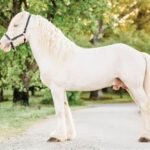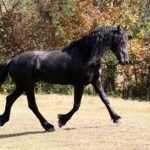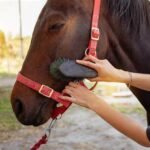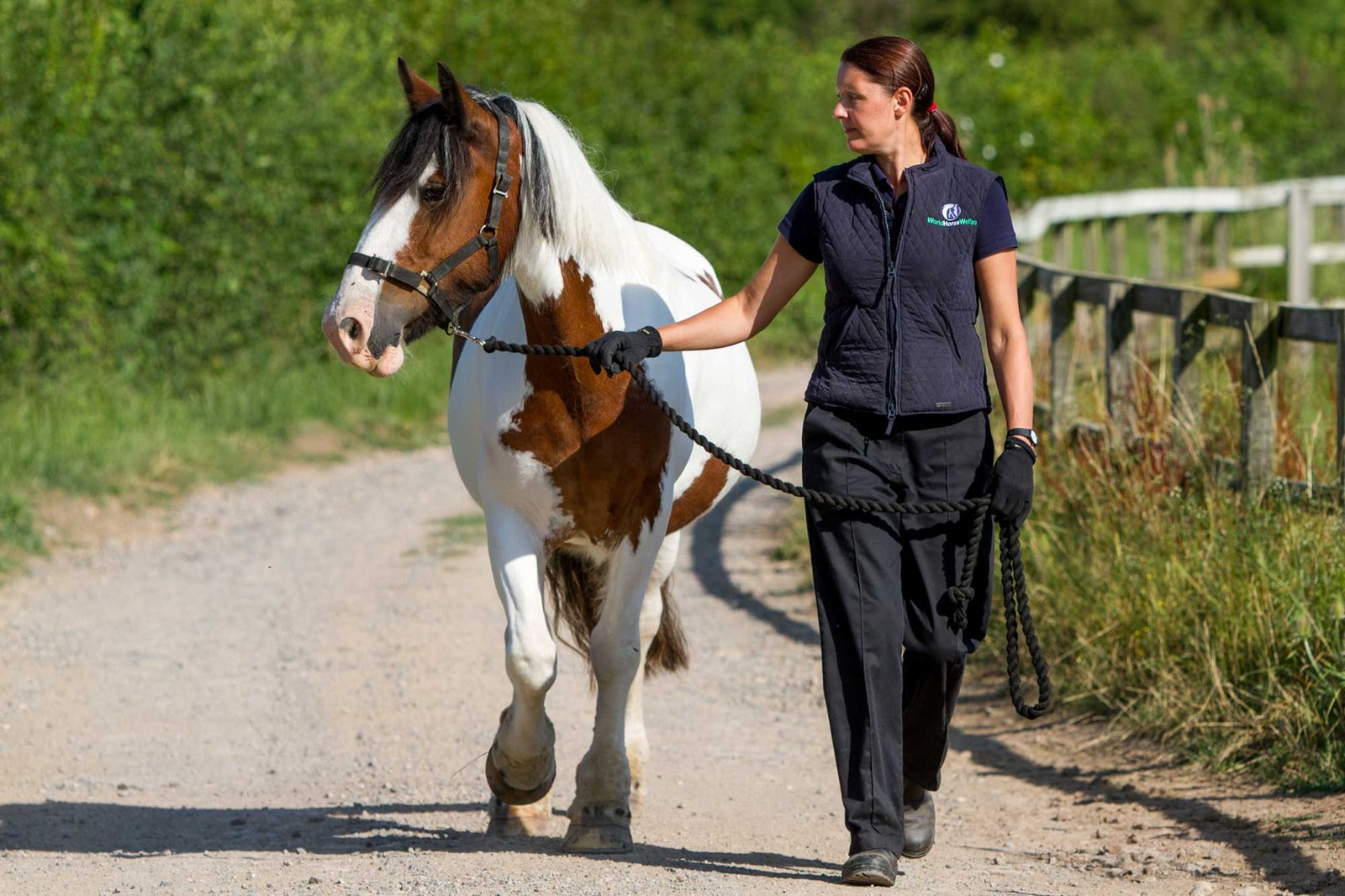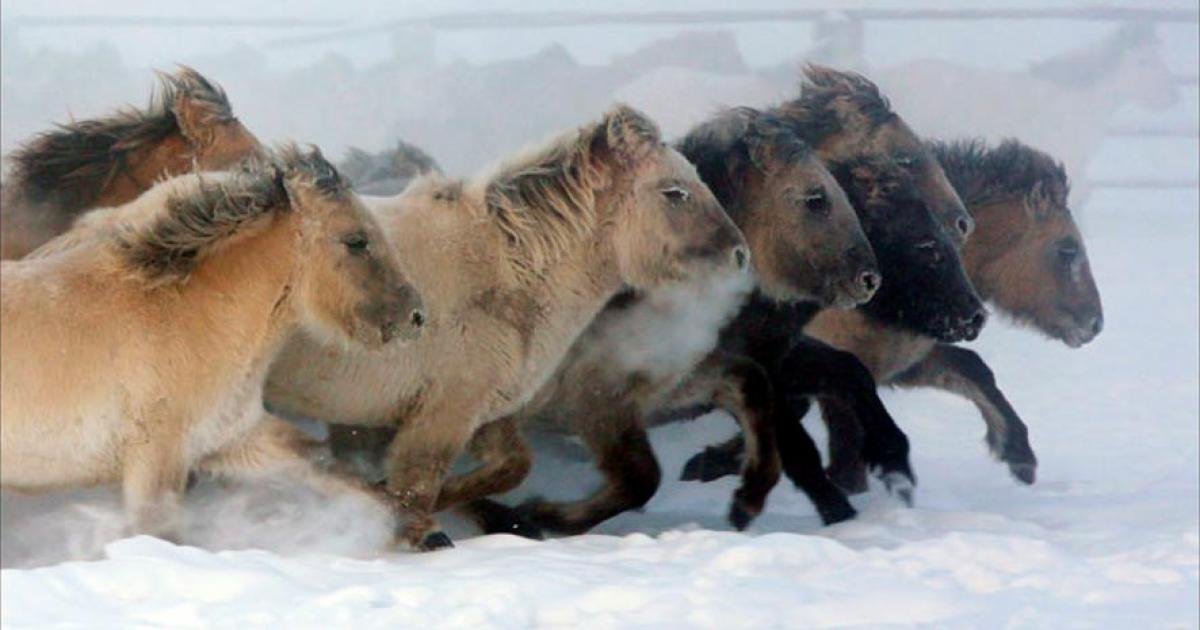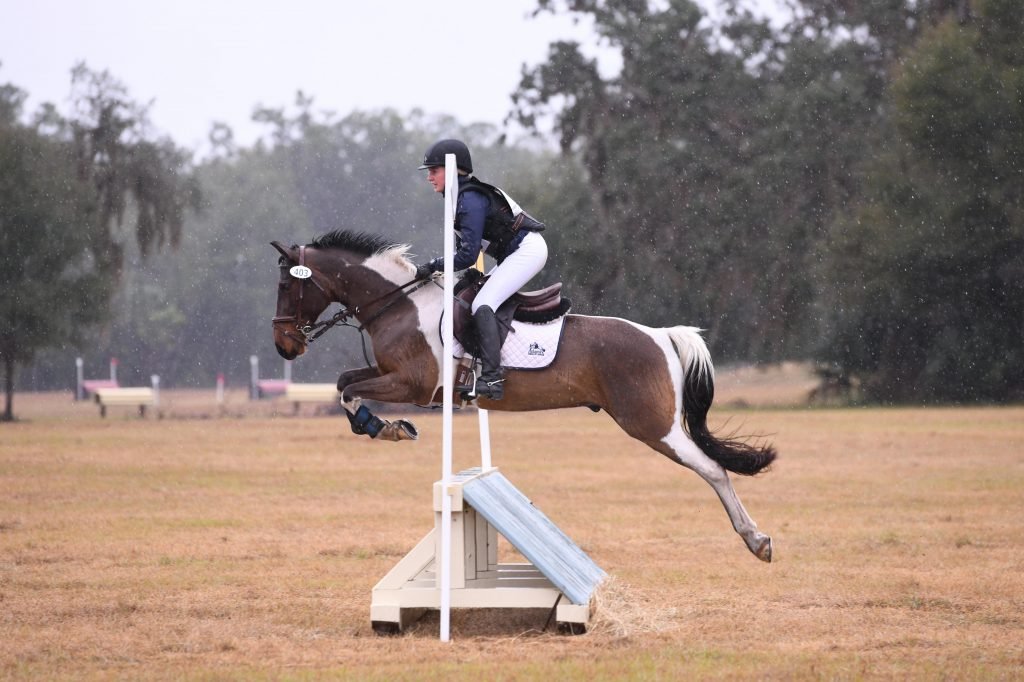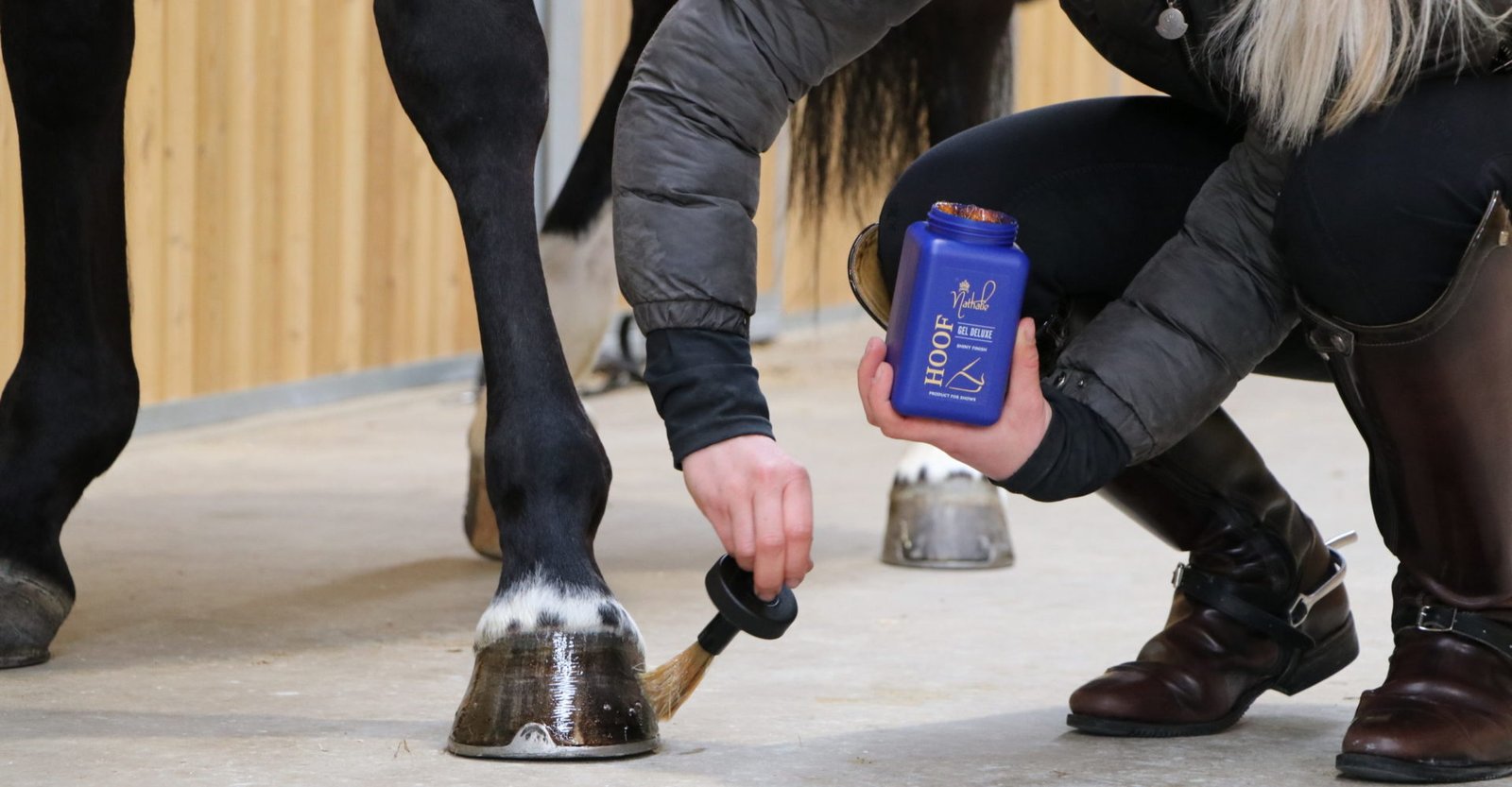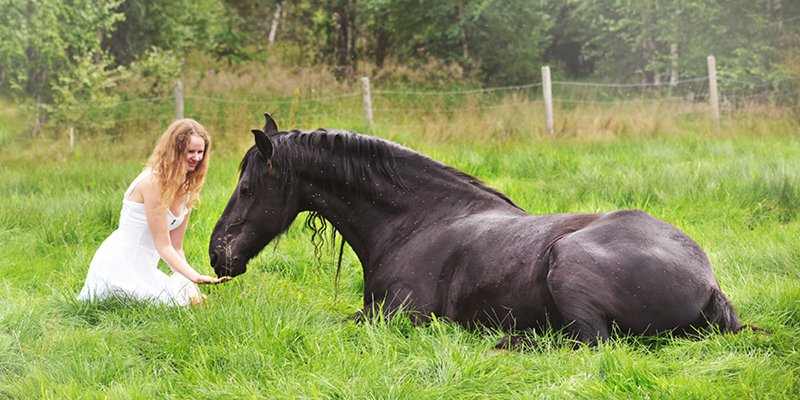Caring for ponies is a rewarding responsibility that involves ensuring they have the proper diet, exercise, and overall care to stay healthy and happy. Ponies are hardworking animals, and maintaining their well-being requires a balanced approach to nutrition, exercise, and general care. In this post, we’ll explore the essential aspects of caring for ponies, focusing on their dietary needs and exercise routines to keep them fit and energetic.
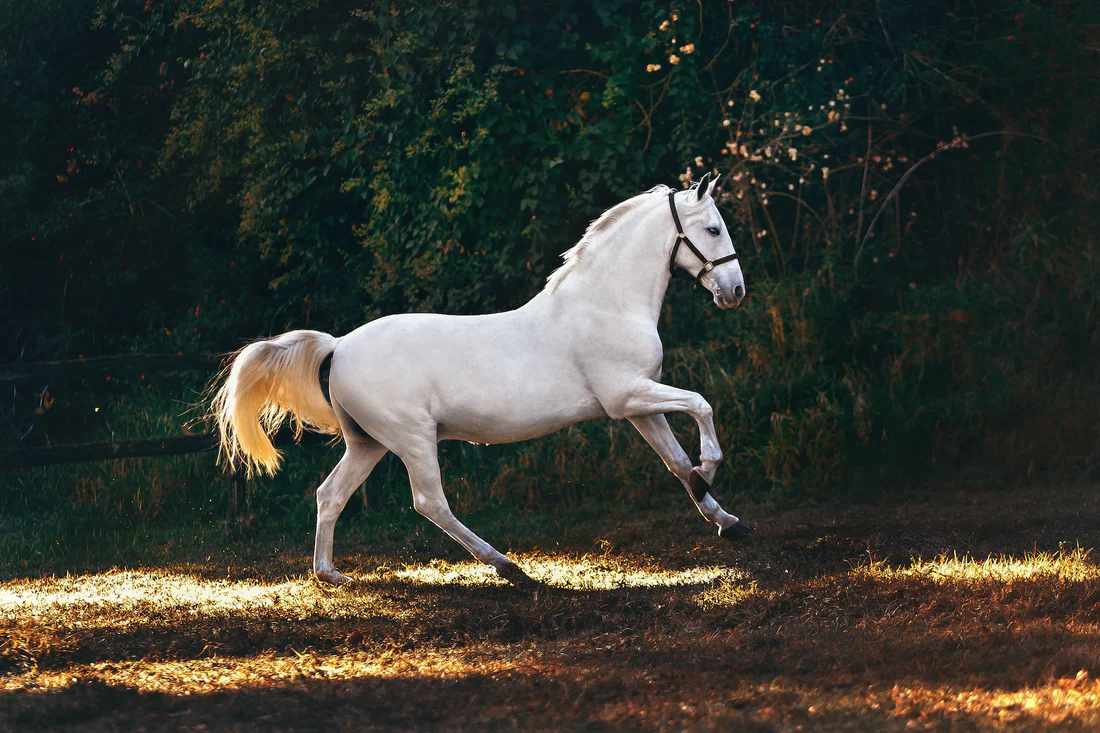
Proper Diet for Ponies: What They Need
A healthy diet is key to a pony’s overall well-being. Ponies may be smaller than horses, but their nutritional needs are still significant. Proper feeding helps ensure they have the energy they need for daily activities and to maintain a healthy weight. Here’s what a balanced diet looks like for a pony:
Hay and Grass
Ponies are herbivores, meaning that the bulk of their diet should consist of forage, such as hay and grass. Grass is the most natural food source for ponies, and it should be available to them as much as possible. If you are keeping your pony in a stable, make sure to provide a good-quality hay, such as meadow hay or timothy hay. These hays are rich in fiber, which aids in digestion and helps prevent common health issues like colic and laminitis.
Ponies typically need around 1.5 to 2% of their body weight in forage every day. This means that a pony weighing 400 kg (880 lbs) would require approximately 6 to 8 kg (13 to 18 lbs) of hay or grass daily.
Concentrates and Pellets
While the bulk of a pony’s diet should come from hay and grass, some ponies may require concentrates or grain to meet their energy needs. This is particularly important for active ponies or those in hard work. Ponies that are being trained or ridden frequently might need more energy, but it’s essential to provide them with high-quality, low-starch concentrates. Make sure to choose feeds that are appropriate for their age, activity level, and specific needs.
Some ponies, particularly those prone to obesity, may need to limit their intake of concentrates. It’s always a good idea to consult with a veterinarian to ensure you are providing the right amount of feed.
Fresh Water
Water is just as important as food for ponies. They need access to clean, fresh water at all times, especially during warmer months or after exercise. Ponies, like all animals, can quickly become dehydrated if they don’t drink enough, which can lead to health problems. Always check their water supply regularly and clean the water buckets to prevent bacteria build-up.
Exercise for Ponies: Keeping Them Fit and Healthy
Exercise is just as important as diet when it comes to keeping your pony in optimal health. Ponies are naturally active and enjoy being outside, so regular exercise is vital to prevent weight gain and keep their muscles toned. Here are some key tips for ensuring your pony gets enough physical activity:
Turnout Time
One of the best ways to provide exercise for ponies is by allowing them to have regular turnout in a pasture or paddock. Ponies love to graze, explore, and move around freely, which helps maintain their physical and mental health. Ideally, ponies should have access to turnout for at least 4-6 hours each day, if not more. The more space they have, the better, as it allows them to move freely, stretch their legs, and get some natural exercise.
Riding and Ground Work
In addition to turnout, riding and ground work are important components of exercise. Regular riding sessions, depending on the pony’s fitness level and age, can help maintain cardiovascular health, muscle tone, and flexibility. It’s important to vary the intensity of the riding exercises to avoid overworking your pony. Activities like trail rides, dressage, and show jumping can help keep them engaged and stimulated.
For younger or less-experienced ponies, ground work is an excellent way to introduce exercise. Ground work includes activities like lunging or long-lining, where you guide the pony through basic movements without a rider. This type of exercise can help build muscle and develop coordination, while also strengthening the bond between the pony and rider.
Regular Grooming and Stretching
Grooming isn’t just about keeping your pony looking good; it also contributes to their overall health. Regular brushing helps to stimulate blood circulation and remove dirt, debris, and loose hair. Additionally, it’s important to gently stretch your pony before and after exercise to avoid injuries. Stretching helps improve flexibility and can prevent stiffness, especially for ponies that are frequently in work.
Managing Weight: A Balanced Approach
Ponies are prone to weight gain, especially when they are overfed or don’t get enough exercise. Overweight ponies can develop serious health problems such as laminitis and insulin resistance. To manage your pony’s weight, it’s essential to monitor both their diet and exercise levels.
Weight Management Tips
- Control Treats: While ponies love treats, it’s essential to limit sugary or high-calorie treats, such as carrots and apples. Opt for healthier options like small portions of low-calorie hay or specially designed pony treats.
- Adjust Their Diet for Activity: Ponies that are not in work or are kept in a stable most of the time need less food. If your pony is more sedentary, reduce their concentrate intake and increase their forage to prevent weight gain.
- Monitor Body Condition: Regularly check your pony’s body condition to ensure they are maintaining a healthy weight. If you notice they are getting too thin or too heavy, adjust their diet or exercise routine accordingly.
Conclusion
Caring for ponies requires attention to their dietary needs and regular exercise. By providing them with a balanced diet of quality hay, fresh grass, and appropriate concentrates, you ensure they receive the nutrients they need to stay healthy. Regular exercise, through turnout, riding, and ground work, helps keep your pony fit and agile. Don’t forget to manage their weight carefully to prevent health issues like laminitis and obesity. With proper care, ponies will remain happy, healthy, and ready to take on whatever challenges come their way.


